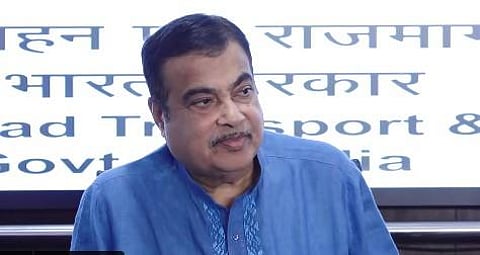Lack of audits, financial leakages threaten road safety
In a surprisingly candid admission at a business conclave, Union road transport and highways minister Nitin Gadkari said India witnesses more than 1.5 lakh deaths every year in 5 lakh road accidents, which also injure 3 lakh people. He estimated that such losses made a 3 per cent dent in the country’s GDP.
Putting things in context, by the minister’s count, many more Indians lose their lives to road accidents than to war and militancy. Gadkari was echoing IIT Delhi’s recently released road safety report that points out accidents are now the 13th leading cause of death in the country. India now has the dubious distinction of topping the world in road accidents, with an 11 percent share of the global total.
Ironically, a part of the problem may be traced to the fast growth of road infrastructure in the country, which Gadkari himself has driven. India’s road network has expanded by 59 percent in nine years. We have built around 64 lakh km of roads since 2013-14, adding an enviable 34 km of highways per day—a record exceeded only by China.
On the flip side, this expansion has unleashed new speed levels on our highways and several older highways have suffered from lack of maintenance. Faster cars have coupled with a tragically poor road safety culture to create a deadly cocktail of deaths and injuries.
Gadkari acknowledged the problem by stressing the need to have regular, comprehensive safety audits of all highways. He also rightly underlined the need to educate drivers on lane discipline. What he did not speak about—something that deserves more attention—is the corruption and financial leakage in road infrastructure projects.
The poor quality of construction is evident when even newly-paved roads develop huge potholes and cause major accidents. Mumbai’s new trans-harbour link, the Atal Setu built at a cost of Rs 18,000 crore, has become a mess of craters in its very first monsoon.
Last August, the Comptroller and Auditor General said the Bharatmala Pariyojana was being built with “innumerable deficiencies, non-compliance of outcome parameters, clear violation of tender bidding process and huge funding mismanagement”. While education and a new road culture are important, the government must also plug the enormous financial leakages that threaten the safety of citizens, not to mention the losses to the exchequer.

